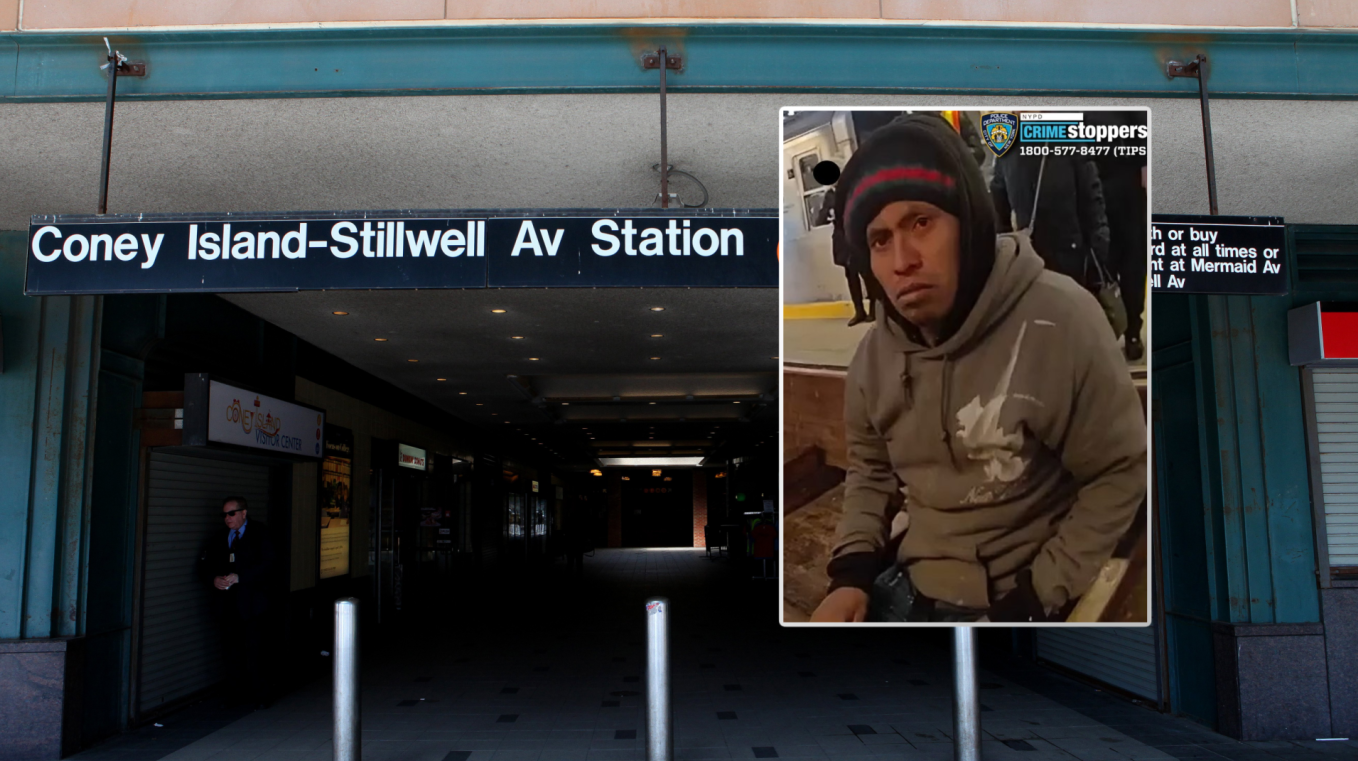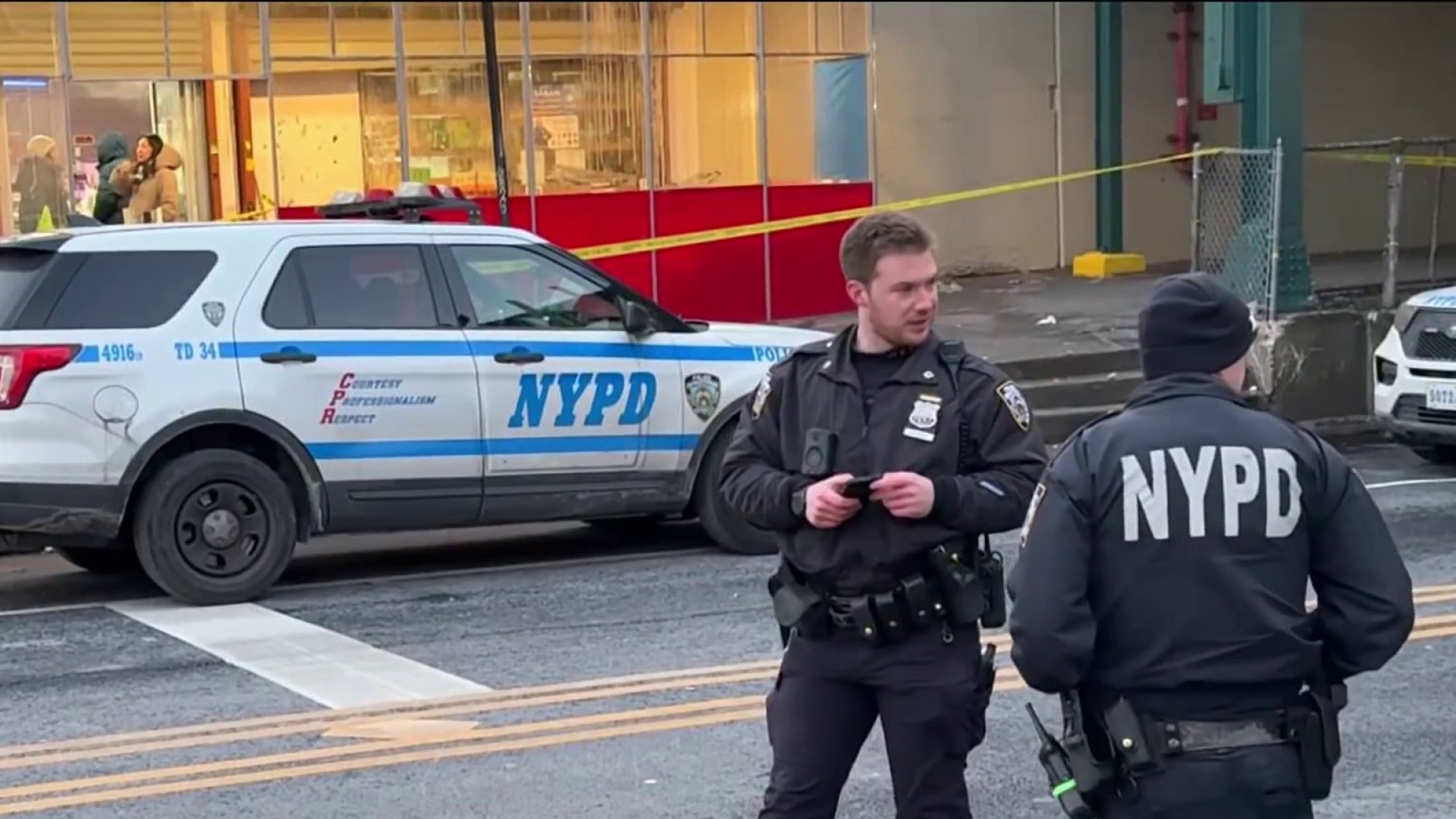Some of New York’s most violent drug gangs are finding new, less perilous ways to make money: credit card fraud.
NYPD officials said raids on street crews for drugs and guns are increasingly turning up evidence of major stolen credit card operations, a far cry from their perhaps typical bloody drug wars.
In the last year alone, "hundreds and hundreds" of gang members were arrested citywide and found in possession of stolen credit cards, according to NYPD Lt. Rohan Griffith of the Queens Larceny Squad.
"Just five short years ago that almost never happened," Griffith said.
NYPD officials are devoting more resources to target repeat offenders and gangs carrying out these scams, including adding detectives to grand larceny squads in each borough, as well as having gang squads conduct raids to try to get suspects off the streets. The raids often involve catching them in the act in more serious offenses like weapons or drug possession.
Surveillance videos from recent schemes show how often gangs are using credit card fraud to fund their operations. One recent video taken at a big box retailer showed suspected gang members using one stolen credit card to purchase multiple iPads. Other videos show how suspects use parking meters, fast food restaurants or taxis to test stolen card numbers; once the card is approved, the suspects move on to other locations.
"These gang members are tech-savvy," said NYPD Chief James Essig. "They are wizening up, and they realize street violence only brings more heat on them.”
Investigators said some of the money raised is used to buy weapons or pay for vacations or expensive cars. Some suspects even post videos on social media showing off alleged trips or purchases allegedly made using bogus credit cards.
"You see guys on Facebook who bring in hundreds of thousands of dollars and are vacationing down in the islands with this money," Essig said.
Investigators say gang members often obtain card numbers from hackers on the so-called dark web or by having associates work at stores or restaurants. Using hidden card readers, a person's data and can be stolen with a quick swipe. That data is then uploaded onto a stolen card and put to use by gang members.
Local
Cops are using precision policing to target the worst, repeat offenders. And while banks often reimburse cardholders for any fraud, detectives said it still is important to report fraud incidents so they can spot scams and trends sooner.
"We can’t go after these individuals that are perpetrating this type of crime if we are not made aware," Ennis said.
Police admit they are often playing catch-up in cases like this. It is often days or weeks before a victim realizes they have been ripped off, and tracking credit card purchases and matching suspects to sometimes grainy surveillance tapes can be labor intensive. Plus, if all incidents were reported, crime stats would soar and police resources would be taxed just trying to keep up with the huge volume of ripoffs, big and small.
Retailers want banks to increase chip technology and require pin codes for credit card transactions to help cut down on fraud. The Federal Trade Commission cites national studies that show about $15 billion is stolen from more than 13 million consumers each year.
But Dr. Marie Helen Maras, a cybercrime researcher at John Jay College, says the big banks are willing to accept some fraud because easy-to-use credit cards make them lots of money.
"Adding another security feature to the credit card would result in customers using other cards or even apps that would not require this additional step to pay for items," said Maras. "Financial institutions view customer attrition as more costly than the potential fraudulent credit card transactions."
As for the NYPD, they say that going after street gangs for drugs and violent crimes still makes the most sense because it makes communities safer and jail time is often more severe. Fraud investigations are detailed and labor-intensive, and arresting a gang member for credit card fraud alone can often result in penalties of probation or a year in jail.
Still, fraud arrests continue to grow in New York, as are the number of street crews getting into the credit card fraud business. And with the NYPD putting on additional pressure, investigators say they see street crews increasingly venturing out to the suburbs and exurbs where smaller departments have fewer resources to try to counter these ripoffs.



